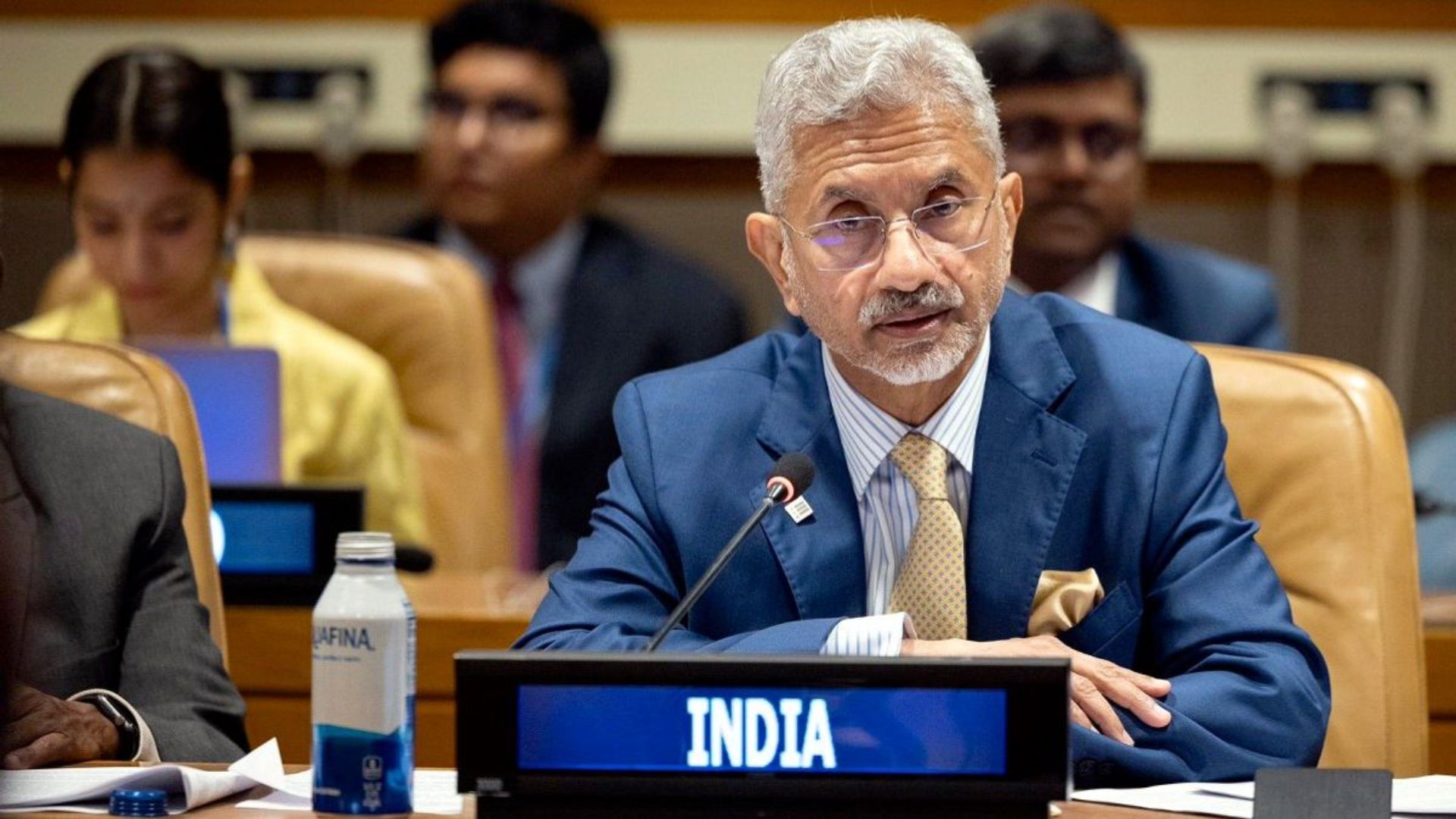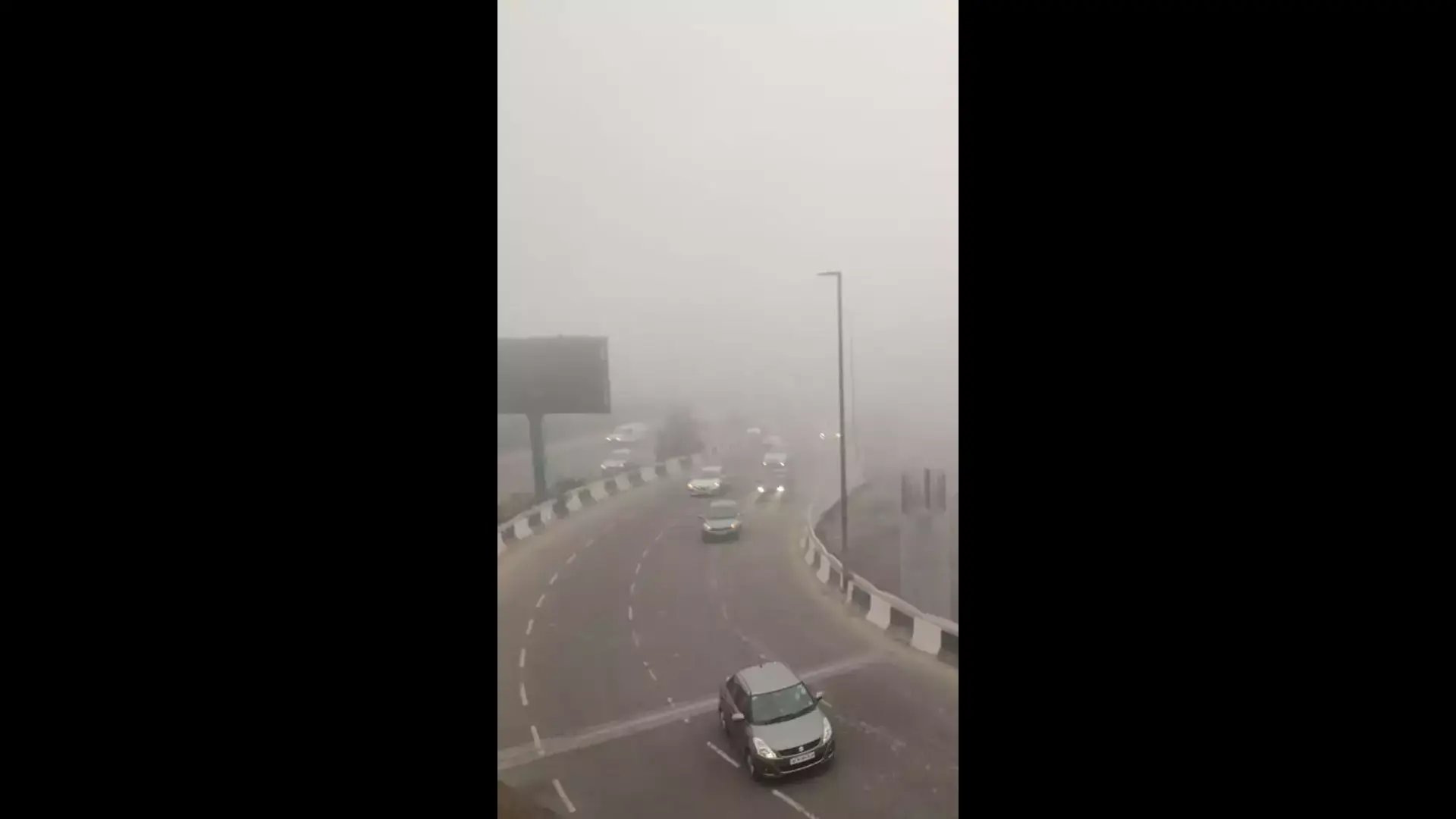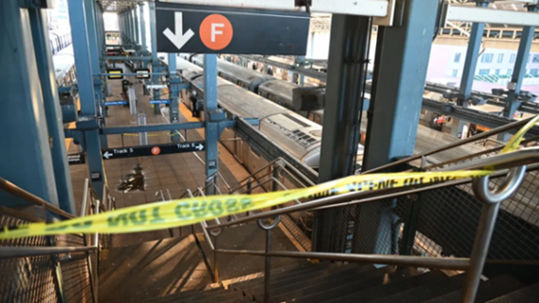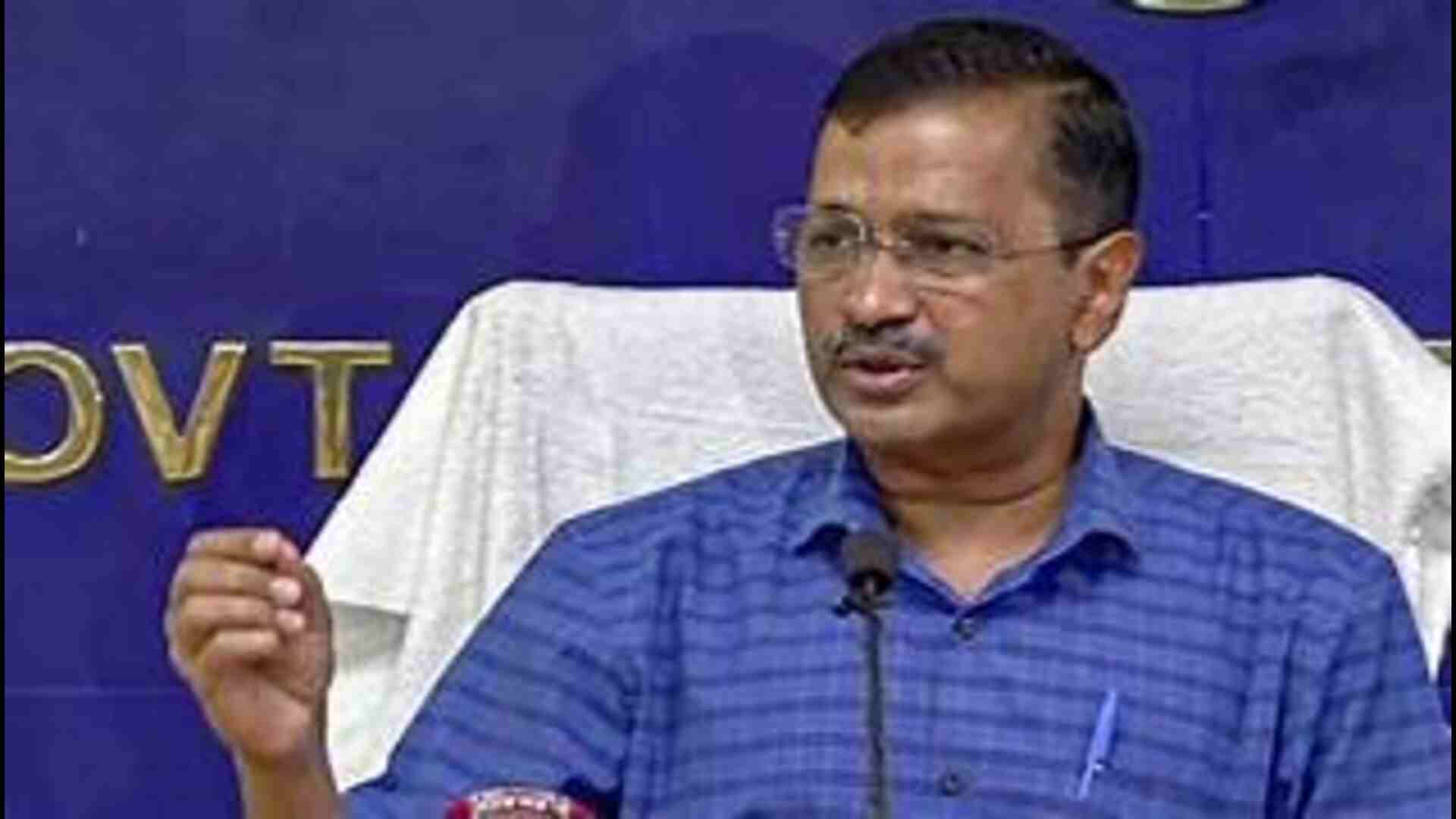S. Jaishankar emphasized the urgent need for solutions to the conflicts in Ukraine and Gaza during the General Debate of the 79th UN General Assembly. He warned the global community against being “fatalistic” about the ongoing large-scale violence, stating that the Gaza conflict is already “acquiring wider ramifications.” Jaishankar urged that the international community must act swiftly to address these crises.
The conflict in Gaza began with Israel’s offensive as a response to Hamas’ attack on October 7. However, what was initially a limited conflict has escalated to involve Lebanon, with Israel targeting Hezbollah positions, raising concerns of a broader conflict in the Middle East.
“We are gathered here at a difficult time,” Jaishankar said, noting that the world is still recovering from the COVID-19 pandemic. He highlighted that the war in Ukraine has entered its third year, and the Gaza conflict is expanding its impact.
Hezbollah confirmed the death of its leader, Sayyed Hassan Nasrallah, in an Israeli airstrike on Saturday.
Jaishankar reminded the assembly that the UN has always held that peace and development are interconnected. “Yet, when challenges arise, the relationship between the two is often overlooked,” he remarked, emphasizing the economic ramifications for the weak and vulnerable.
He continued, “Conflicts themselves must be resolved. The world cannot adopt a fatalistic attitude towards the ongoing violence, nor can we ignore its wider implications.”
Jaishankar asserted that the international community seeks urgent resolutions to these conflicts, urging that these sentiments be recognized and acted upon. He characterized the current global landscape as fractious, polarized, and frustrated, stating that communication has become challenging and reaching agreements even more so. “This is surely not what the founders of the United Nations envisioned for us,” he added.
Regarding global security and stability, Jaishankar stressed that those in leadership positions must set a proper example.
In a separate address, he criticized Pakistan for its role in fostering terrorism, stating that the consequences of its actions are now affecting its own society.
“Many countries fall behind due to circumstances beyond their control, but some make conscious choices that lead to disastrous outcomes. A prime example is our neighbor, Pakistan,” he stated. “Today, we see the issues it tried to impose on others consume its own society. It cannot blame the world; this is simply karma,” he concluded.







